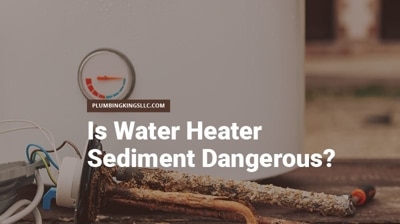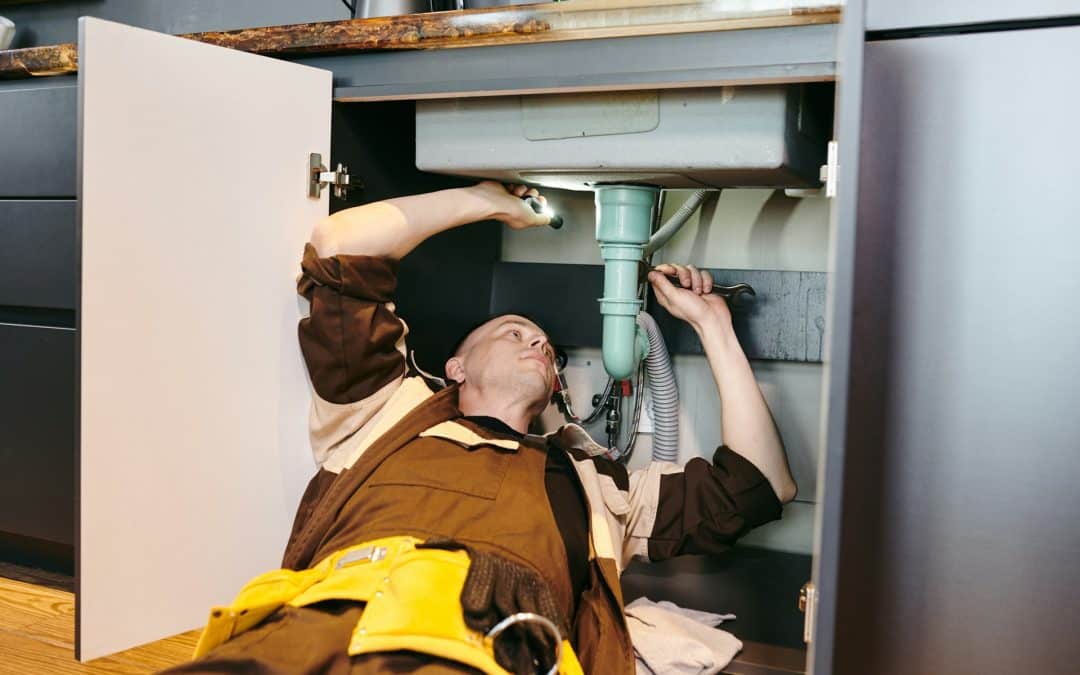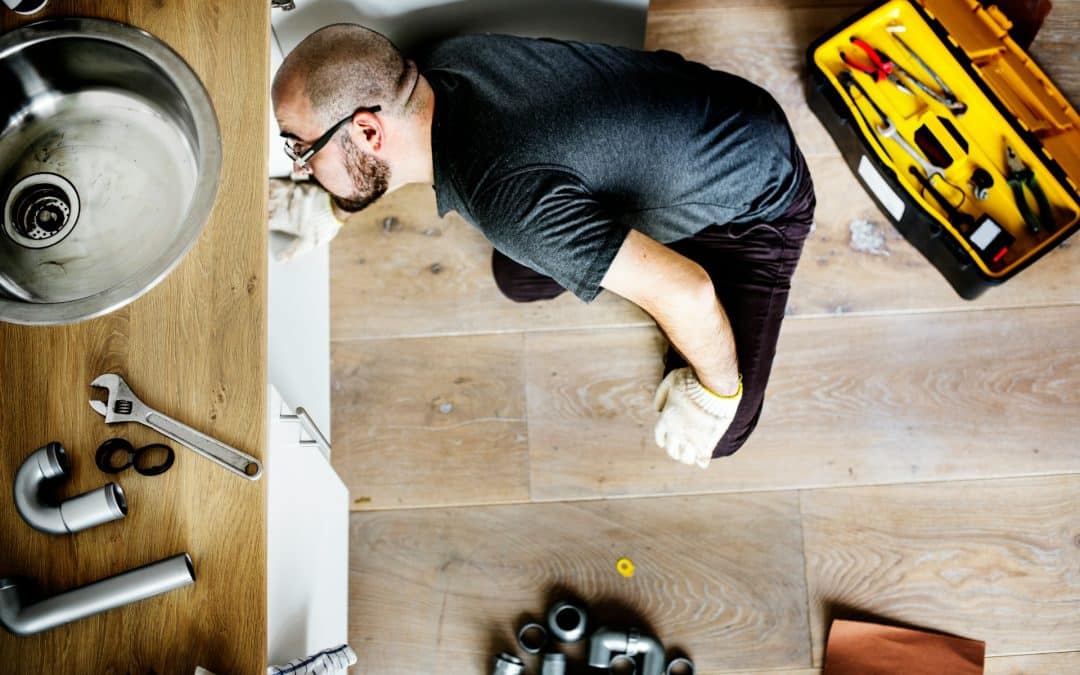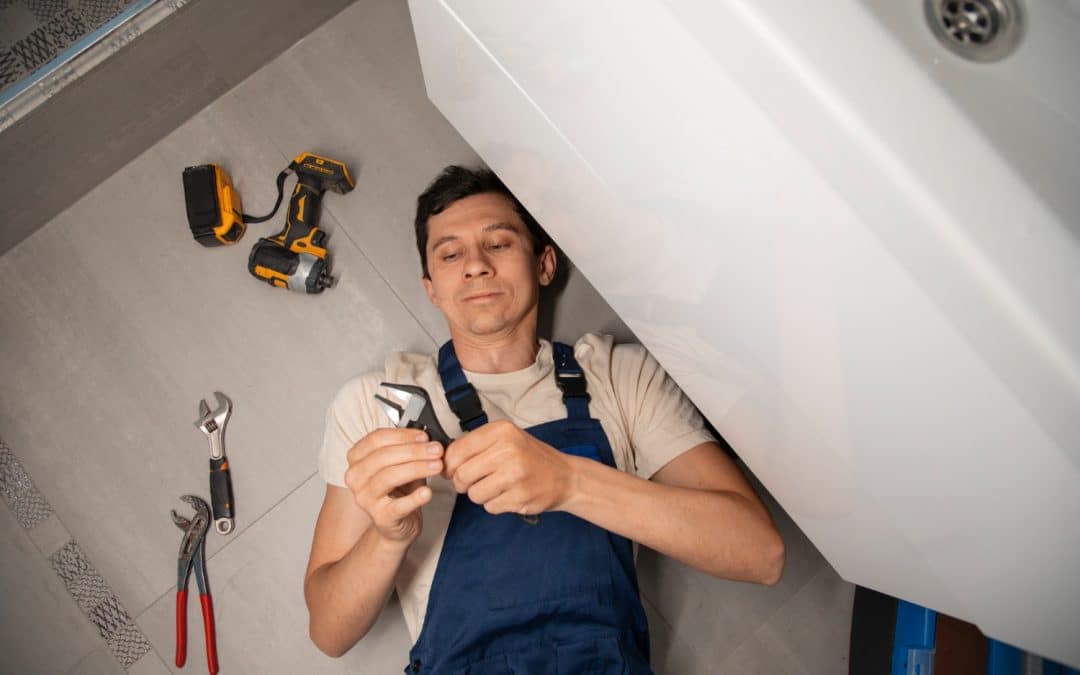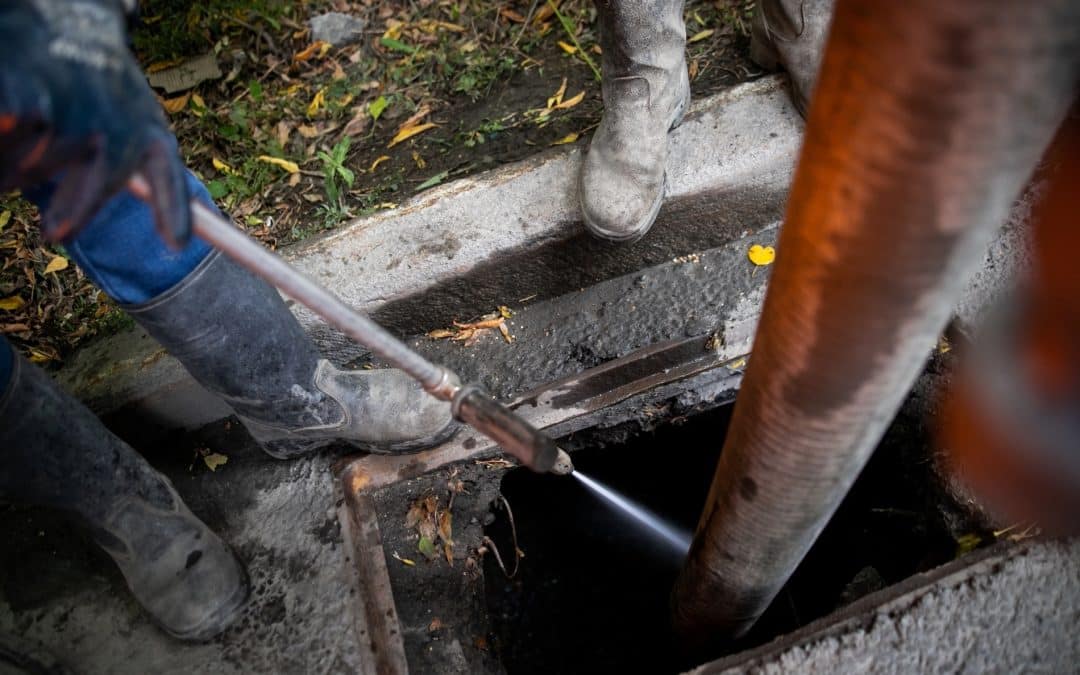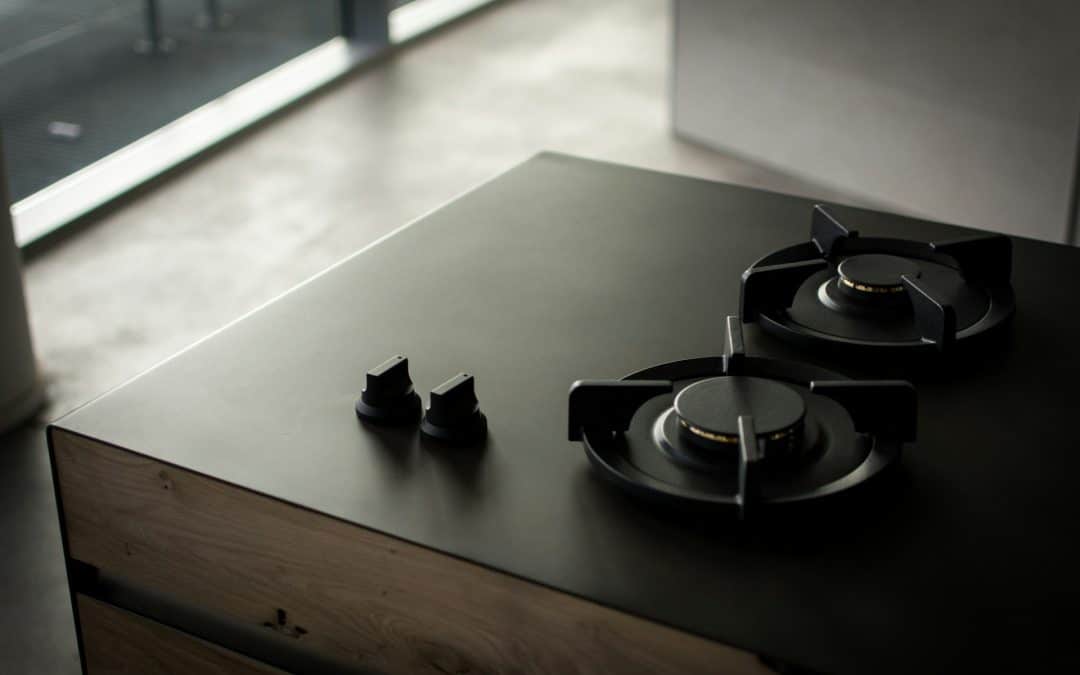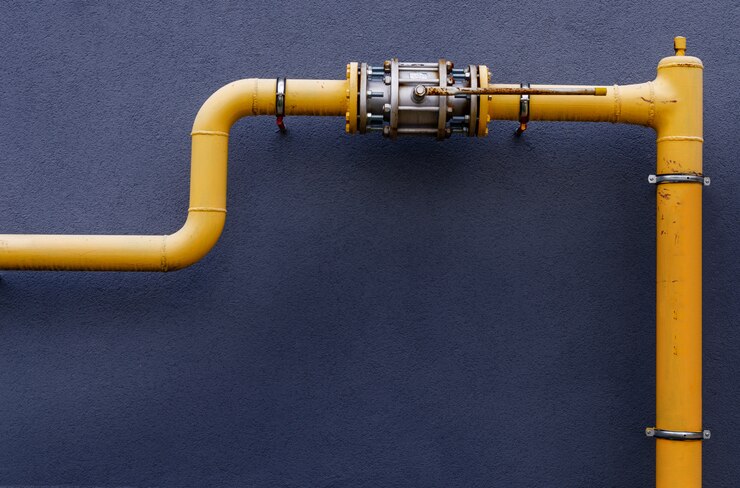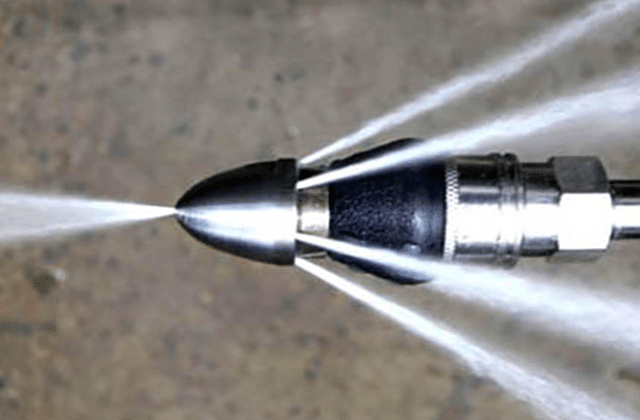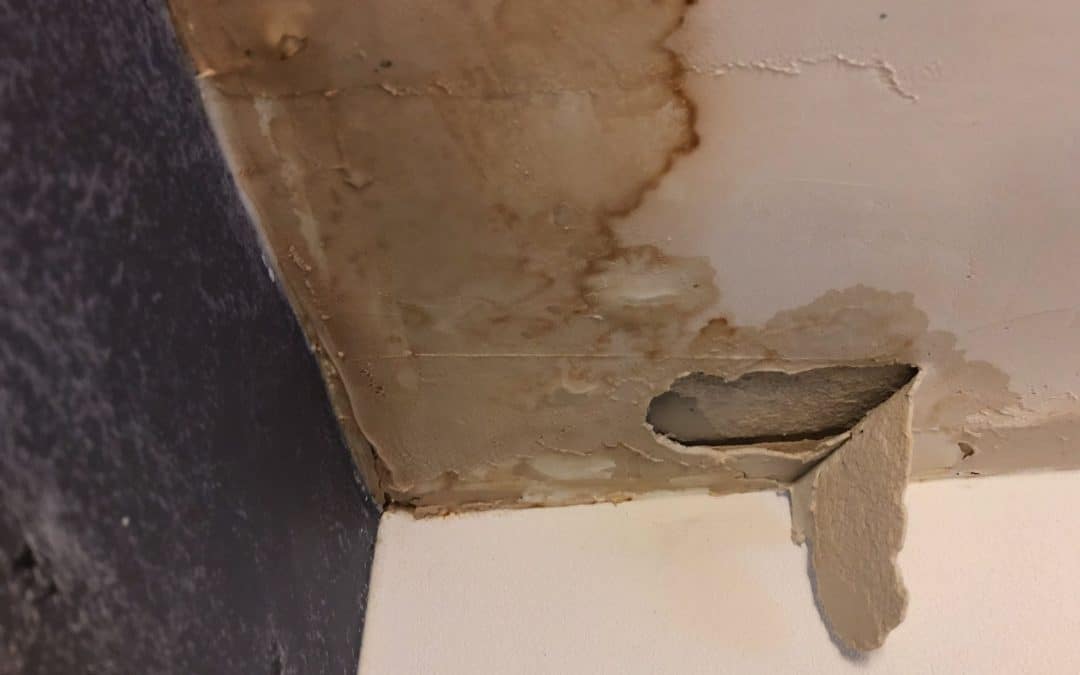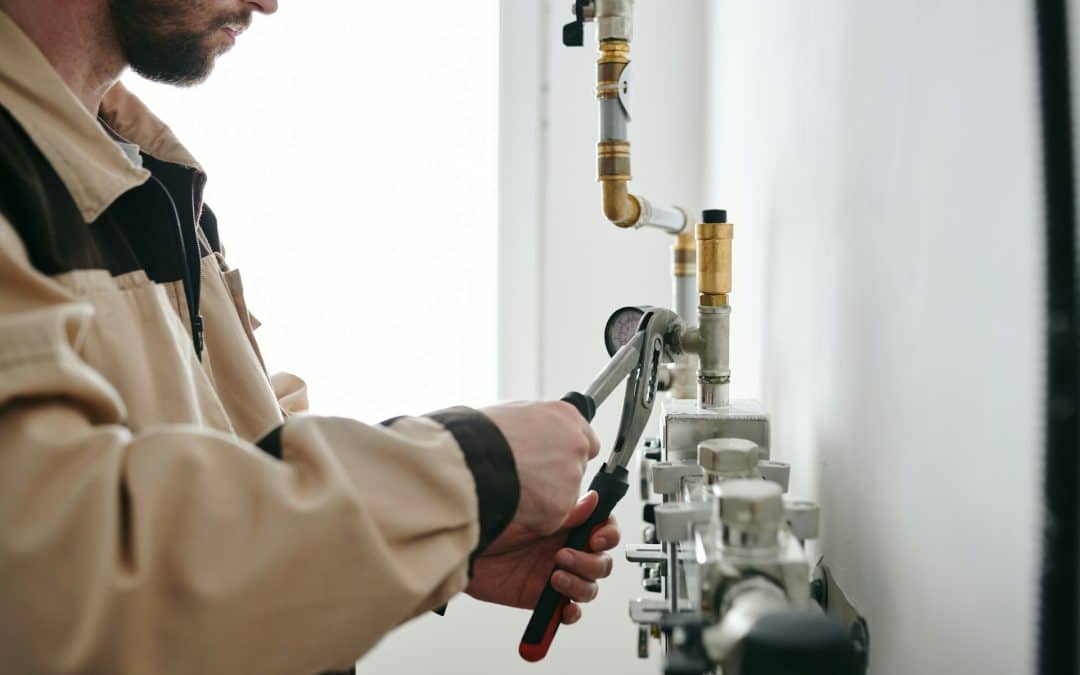While flushing your water heater, you will likely discover sand-like material, called sediment, in your water. This would understandably be concerning for you, as the only material you want in your water heater is water. Sediment is common in water heaters, but there are still a few reasons why you should take this matter seriously.
Want to avoid harmful buildups in your water heater? Contact plumbing Kings today to see if a tankless water heater is right for you!
Is Water Heater Sediment Dangerous?
Water heater sediment isn’t dangerous if consumed, and is more of a nuisance for your water heater. The sediment is actually a naturally occurring mineral called calcium carbonate, or CaCO3, and is the primary mineral responsible for water hardness. Though calcium carbonate is not detrimental to your health, sediment can cause damage to your water heater than can lead to, among other hazards, dangerous chemicals releasing into your water.
Problems Caused By Sediment In the Water Heater
Despite being as soft as sand, a large sediment buildup can affect your water heater system in irreversible ways if not treated in time. Here’s how:
Lowers effectiveness
When sediment collects at the bottom of your water heater, it prevents the heating element from reaching your water, so the water coming through your pipes is not as warm as it should be. The more sediment builds up, the less your water is heated until the system stops working altogether.
Decreases efficiency
Before the heating element fails, it will attempt to adjust to the sediment blockage by working harder. As it kicks up its energy output to keep your water at a suitable temperature, your gas or electric bill will climb to an unusual total.
Interior heater damage
As steam rises through the sediment to heat your water, the sediment shifts and clanks around your heater, which can damage your heater’s interior lining. As the lining wears away, the steel beneath can deteriorate and corrode until the entire unit has to be replaced, which is a far higher expense than your usual bill.
Related: How Long Do Water Heaters Last?
Flooding
If your water heater becomes significantly damaged before the issues are addressed, the heater can leak and flood your home. Besides needing a new water heater, you may also need significant work to clean the water from your home.
Water contamination
As sediment wears down the lining of your water heater, the tank will start to rust. This rust can then run through your pipes and into your water supply. While rust may not have harmful effects if consumed in small quantities, there may be other harmful metals or chemicals released from your pipes as well, meaning this situation should be avoided if possible.
How Do You Get Sediment Out of a Water Heater?
Sediment can be easily removed from a water heater through regular flushing. This process is just as it sounds: you will drain the water from your water heater, and the sediment will flush from the heater along with the water. This can be completed yourself or by a professional. Depending on how long the sediment has had to accumulate, you may have a significant job ahead of you to thoroughly clean your water heater.
Simply put, the sediment in your water heater is not dangerous in its own right. However, too much sediment can lead to a variety of issues that could be easily avoided with proper care of your water heater. From inflating your monthly bill to warranting a complete water heater replacement, sediment can indirectly cause quite the inconvenience. Whether you do it yourself or call in a plumber, flushing your water heater regularly is your best bet to keeping your water clean and your wallet happy.

